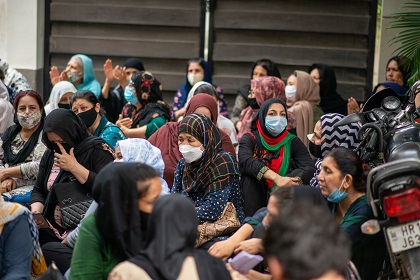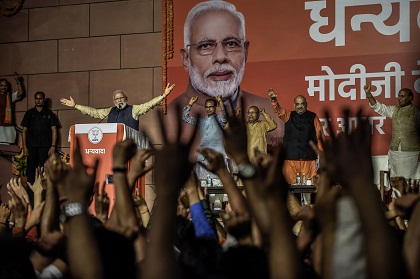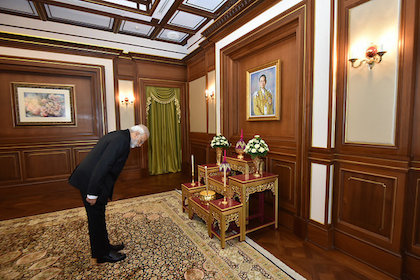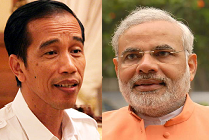Cautious optimism at the B20 at Bali
The author participated in the B20 Summit in Bali and saw in it a reflection of Indonesia’s culture and hospitality, but also its attraction for investors despite geopolitical stresses. Indian business can take a cue from Indonesia, and use India’s B20 engagement to push for ease of doing business and improved quality of life indicators – an additional condition for India’s G20 Presidency’s success.










